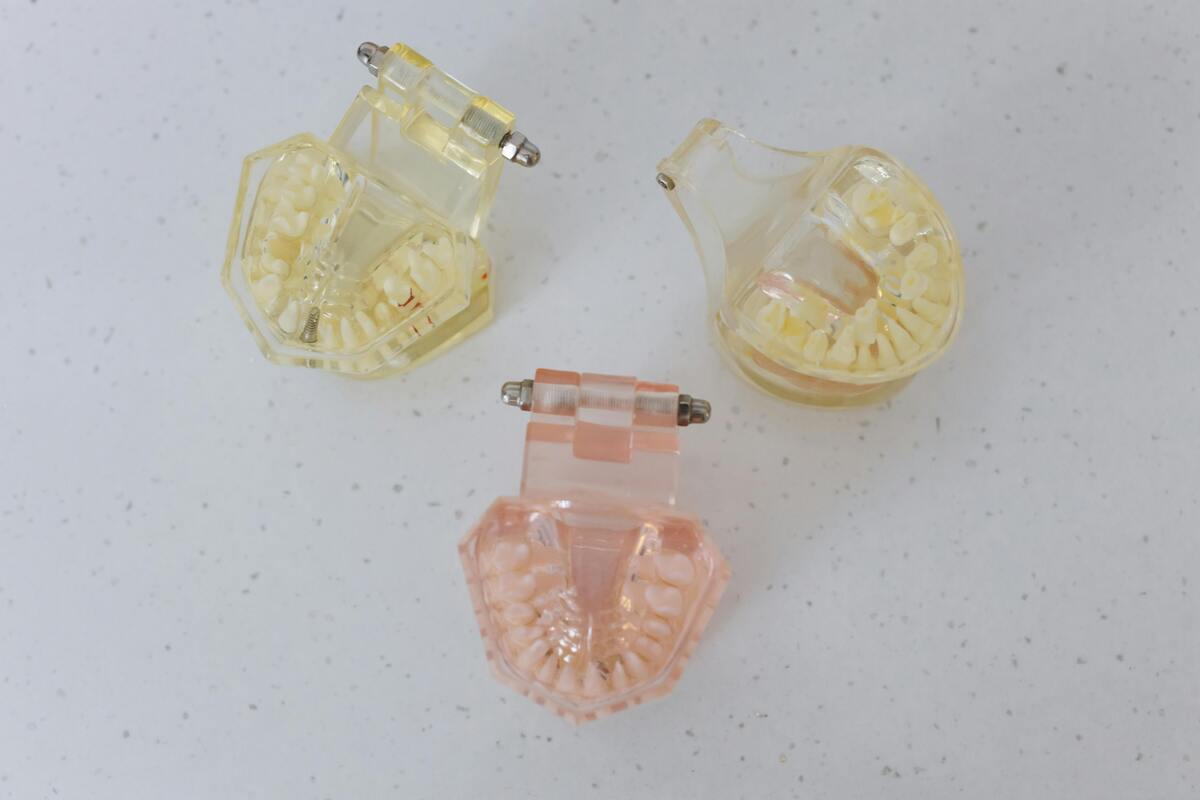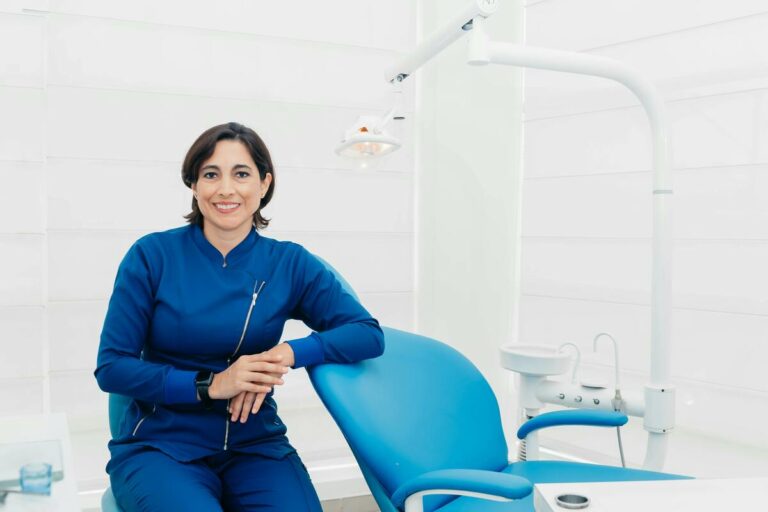Affordable Denture Specialists in Trenton: Complete Guide to Full and Partial Dentures
Affordable denture specialists in Trenton provide essential services for those seeking full or partial dentures tailored to individual needs. These professionals utilize advanced materials and precise techniques to guarantee durability and aesthetics, offering solutions that restore oral function and confidence. The fitting process includes initial consultations and post-fitting adjustments, guaranteeing ideal comfort. With varied payment plans and insurance options, quality dental care becomes accessible, prompting further exploration into the nuances of these specialized services.
Understanding Full vs. Partial Dentures
When considering dental prosthetics, understanding the distinction between full and partial dentures is critical for appropriate oral rehabilitation. Full denture types include conventional and immediate dentures, designed to replace all teeth in either the upper or lower jaw. Conventional full dentures are fabricated after the gums have healed post-extraction, ensuring ideal fit. Immediate full dentures, conversely, are placed immediately after tooth extraction, offering immediate aesthetic restoration but may require subsequent adjustments.
Partial denture advantages involve their ability to replace one or more missing teeth while preserving remaining healthy teeth. This prosthetic option utilizes clasps or precision attachments for stability, reducing potential bone loss and maintaining dental arch integrity. Both full and partial dentures contribute to improved mastication, speech, and facial aesthetics, essential components of thorough oral rehabilitation.
Benefits of Choosing Affordable Denture Solutions
Numerous advantages are associated with choosing affordable denture solutions, particularly for individuals seeking cost-effective oral rehabilitation without compromising quality. Primarily, cost savings are a significant factor, as affordable denture options provide substantial financial relief compared to traditional dental prosthetics. These solutions utilize advanced materials and streamlined manufacturing processes to maintain durability and functionality, ensuring patients receive ideal value. In addition, affordable dentures contribute to improved confidence by restoring oral aesthetics and function, enabling individuals to engage in social interactions without self-consciousness. The psychological benefits of enhanced self-esteem and social comfort are profound, as dentures play an essential role in daily communication and eating habits. Ultimately, cost-effective denture solutions offer a balanced approach, combining economic efficiency with improved quality of life.
Key Features to Look for in Denture Specialists
When evaluating denture specialists, it is essential to assess their experience and qualifications, as these factors directly influence the quality of prosthodontic care provided. An experienced specialist with a robust educational background can adeptly handle complex cases, ensuring precise fitting and functionality. Additionally, emphasis should be placed on customization and comfort, as personalized dentures tailored to the individual’s oral anatomy greatly enhance patient satisfaction and wearability.
Experience and Qualifications
The expertise of a denture specialist greatly impacts the quality and fit of dental prosthetics. Thorough denture training is essential to mastering the art of crafting full and partial dentures that meet individual patient needs. A detailed understanding of oral anatomy and prosthodontic principles forms the foundation of this specialized training. In addition, specialist certifications serve as an indicator of a practitioner’s competence and commitment to maintaining industry standards. These certifications often require rigorous examinations and continuous education, ensuring that the specialist stays updated with the latest technological advancements and methodologies. By choosing a denture specialist with substantial experience and recognized qualifications, patients can be assured of receiving prosthetics that are both functional and aesthetically pleasing, enhancing their overall oral health and quality of life.
Customization and Comfort
For individuals seeking ideal denture solutions, customization and comfort stand as essential criteria in the selection of a denture specialist. Precision in denture materials and fitting techniques directly impacts these aspects. Advanced denture materials, such as acrylic resins and flexible polymers, are selected for their durability and adaptability, enabling tailored solutions that accommodate unique anatomical structures and aesthetic preferences. Fitting techniques involve meticulous measurement and modeling to guarantee maximum alignment and pressure distribution, reducing potential discomfort. A specialist’s proficiency in digital scanning and impression-taking enhances the accuracy of the final product, providing a secure and comfortable fit. Consequently, evaluating a specialist’s expertise in state-of-the-art materials and individualized fitting methodologies is vital for achieving superior denture comfort and functionality.
Overview of the Denture Fitting Process
An essential step in acquiring dentures, the fitting process involves multiple stages to guarantee optimal comfort and functionality. Initially, the denture consultation process is conducted, wherein the dental practitioner assesses the oral cavity, gum health, and bone structure. This phase is vital for creating a detailed treatment plan tailored to the patient’s specific needs. Following this, the fitting appointment essentials include taking precise impressions of the patient’s mouth, which serve as the blueprint for crafting the dentures. Accurate measurements secure optimal alignment and fit. During subsequent visits, trial dentures are evaluated, allowing adjustments for bite accuracy and aesthetic appeal. The final fitting guarantees that the dentures function seamlessly, providing stability and ensuring the patient can speak and chew effectively.
How to Maintain and Care for Your Dentures
Proper maintenance and care are essential for extending the longevity and functionality of dentures. Denture cleaning should be conducted daily using a soft-bristle brush and non-abrasive denture cleanser to remove plaque and food particles effectively. It is important to avoid regular toothpaste, which can be too harsh on the denture material. For ideal hygiene, individuals should soak dentures overnight in a specialized cleaning solution, ensuring the removal of bacteria and stains. Denture storage demands a moisture-rich environment to prevent warping. As a result, storing dentures in water or a specifically formulated soaking solution is recommended. After cleaning, inspect dentures for damage, such as cracks or loose teeth, which may necessitate professional repair to maintain proper function and comfort.
Common Myths and Misconceptions About Dentures
The perception that dentures appear unnatural is a common misconception, largely due to outdated designs and materials; however, advances in dental prosthetics have enabled the creation of highly aesthetic dentures that closely mimic natural teeth. Additionally, the belief that dentures are inherently uncomfortable is often based on initial adaptation periods rather than their long-term use; with precision fittings and modern materials, dentures can be both comfortable and functional. Addressing these misconceptions is essential for patients considering dentures, as it allows for informed decision-making and improved oral health outcomes.
Dentures Look Unnatural
A prevalent misconception surrounding dentures is that they invariably appear unnatural, leading to hesitations in pursuing this dental solution. However, advancements in denture aesthetics have greatly enhanced their natural appearance. Modern dentures are meticulously crafted using high-quality materials such as acrylic resins and porcelain, which mimic the translucency and texture of natural teeth. Skilled dental technicians employ precision techniques to match the color, shape, and alignment of the dentures to the patient’s existing oral structures. Additionally, digital imaging and computer-aided design (CAD) technologies facilitate customized fittings, ensuring seamless integration within the oral cavity. These innovations have transformed dentures into aesthetically pleasing solutions that blend harmoniously with natural dental features, dispelling myths about their artificial appearance.
Dentures Are Uncomfortable
Despite common beliefs, dentures do not inherently cause discomfort when properly fitted and maintained. The initial adjustment period may involve minor discomfort as the oral tissues adapt. However, expertly crafted dentures, tailored through precise measurements, considerably reduce this adaptation period. Regular denture adjustments are essential, as they accommodate changes in the oral cavity over time, such as gum resorption. These adjustments guarantee ideal fit, minimizing pressure points and potential irritation.
Discomfort solutions include utilizing soft liners, which cushion the gums, and employing denture adhesives for enhanced stability. Additionally, proper hygiene practices, including daily cleaning, prevent bacterial growth that could exacerbate discomfort. By adhering to a personalized care regimen and scheduling periodic evaluations, wearers can experience comfortable and functional dentures, dispelling prevalent misconceptions.
Exploring Payment Plans and Insurance Options
How do patients navigate the complexities of payment plans and insurance options when seeking denture services in Trenton? Understanding the nuances of payment assistance and insurance coverage is essential. Patients must first consult with their dental providers to determine what payment plans are available. Options may include structured installments, often with no interest, to alleviate immediate financial burden. It is vital to verify with insurance providers the extent of coverage for denture-related procedures, as policies can vary considerably. Some insurers offer partial coverage, while others may fully cover essential services. Additionally, patients should explore third-party financing options to bridge any financial gaps. Thorough research and consultation will guarantee that patients can access the necessary dental care without undue financial stress.
Reviews of Top Denture Specialists in Trenton
When evaluating the top denture specialists in Trenton, it is crucial to review their qualifications, patient satisfaction, and range of services offered. Denture reviews provide critical insights into specialist ratings, reflecting the efficacy of prosthodontic procedures and patient care. Key metrics include the specialists’ experience in crafting custom full and partial dentures, as well as their adeptness in handling complex oral anatomy cases. Patient satisfaction scores often highlight the quality of post-procedural follow-ups and adjustments, which are essential for ideal denture fit and comfort. Thorough service offerings, such as implant-supported dentures and advanced digital imaging, further enhance specialist ratings. A meticulous examination of these factors guarantees an informed choice when selecting a dental professional to address individual denture needs.
Tips for Adjusting to Life With New Dentures
Adapting to new dentures requires a methodical approach to guarantee peak functionality and comfort. Initial adjustment techniques involve wearing dentures consistently to acclimate oral tissues, thereby reducing discomfort over time. Practicing controlled chewing with softer foods can enhance bite precision. Speech articulation may initially be impacted; therefore, reciting phrases aloud aids in linguistic adaptation, promoting clearer enunciation. Essential lifestyle changes include rigorous oral hygiene to prevent bacterial proliferation and maintaining denture integrity. Regularly scheduled follow-ups with a dental professional guarantee proper alignment and fit, mitigating potential irritation or pressure sores. Gradual incorporation of harder foods as comfort increases is recommended. Adherence to these structured protocols facilitates a seamless change, optimizing the practical benefits of new dentures while enhancing overall oral health.
Frequently Asked Questions
How Long Do Dentures Typically Last Before Needing Replacement?
Dentures typically last 5-10 years. Denture maintenance, including regular dental check-ups, is essential. Replacement indicators include wear, fit issues, or damage. Over time, changes in gum and bone structure necessitate new dentures for ideal functionality and comfort.
Are There Any Dietary Restrictions With New Dentures?
New denture wearers must consider food choices and denture care. Initially, soft foods are recommended to prevent discomfort and damage. Avoid sticky, hard, or overly hot items to guarantee longevity and function of the prosthetic appliance.
Can I Sleep With My Dentures in Place?
Sleeping with dentures in place is not recommended due to potential impacts on oral health. Proper denture care involves removing them overnight to allow gum tissues to rest, reduce bacterial growth, and maintain ideal sleeping habits.
What Are the Signs of Poorly Fitted Dentures?
Signs of poorly fitted dentures include denture discomfort, persistent sore spots, and difficulty speaking or chewing. During the adjustment period, individuals may experience looseness, gum irritation, or excessive saliva, indicating the need for professional evaluation and adjustment.
How Often Should I Visit the Dentist After Getting Dentures?
Dentist appointment frequency for denture maintenance tips suggests visiting a dentist biannually. Regular check-ups guarantee proper fit, address oral health concerns, and provide professional cleanings, maintaining denture longevity and function, preventing complications like sores or infections.






